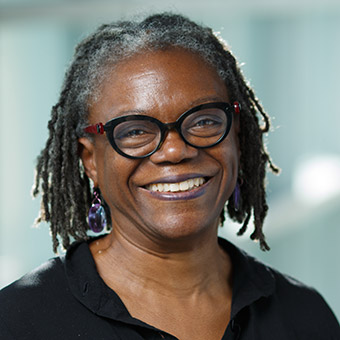Lesson Plan: Thesis
African and African American Studies
Objective
The purpose of this lesson is to orient students toward thinking about their thesis as something crucial to the paper, and not just incidental to filling up five pages.
Estimated Time
30 minutes
Work Completed Before Class
We did this between the first draft and the revision, but it would probably be more productive to do it before the first draft. They had just received their first drafts back with grades, so they had their theses in front of them.
In Class
- First, we have a brief discussion about what constitutes a good thesis, and I list these components on the board. (3 minutes)
- Then I flash up elements of a good thesis (from the UWS material) on a PowerPoint, just to drive the message home. I ask if there are any comments on this or additions to make, and we discuss briefly. (2 minutes)
- We begin to look at the process of revising a bad thesis. Using elements of a bad thesis from the UWS material (thesis makes no claim, is a statement of fact, based on a cliché, based on personal conviction, is overly broad), I show examples on the PowerPoint and have students identify what is wrong with my example and then discuss ways in which to fix it. (15 minutes) Here are my examples:
- "This paper will explore the similarities and differences between Okonkwo and Obierika."
- "Achebe’s novel deals with the trials and tribulations of the Igbo people in precolonial Nigeria."
- "Aidoo’s play demonstrates that it is human nature to be fearful of cultural difference."
- "The novel 'Things Fall Apart' demonstrates the Western imperialism destroys everything it touches."
- "Achebe’s novel illustrates the timeless struggle between the races."
- Now we look at examples from the students in the class. Students volunteer themselves or I volunteer them to have their theses examined by the class. We go through a similar process: what might be wrong with this thesis, and how might it be improved? (10 minutes)
Anna Jaysane-Darr and Faith Smith
Developed at Brandeis University through a grant from the Davis Educational Foundation
